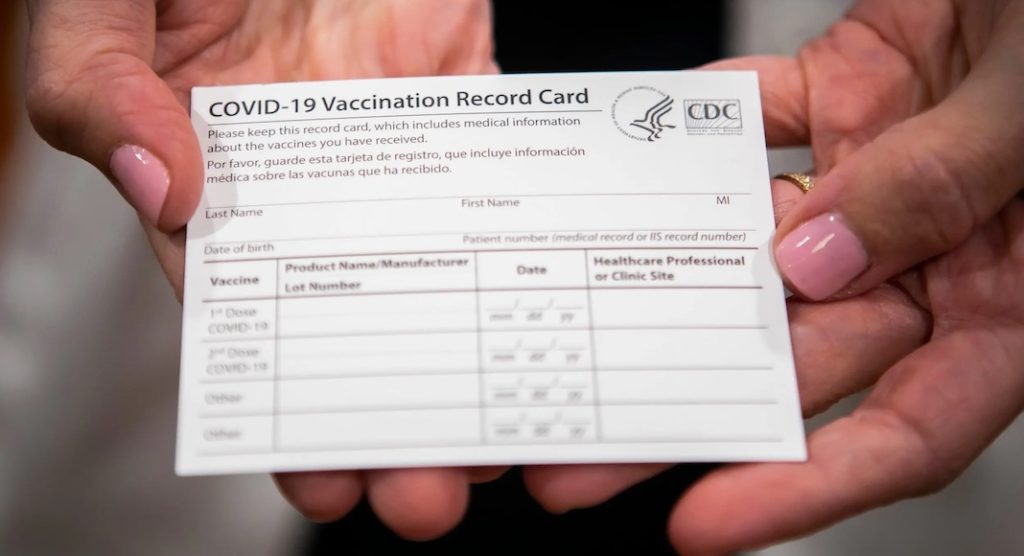
The Texas Tribune
Many Texans are returning to their pre-pandemic social lives as the number of people hospitalized with and dying from COVID-19 plummets. But only about 1 in 3 Texans are fully vaccinated against the virus — and some medically vulnerable Texans are feeling left behind.
The vaccine doesn’t appear to be working for Kristen Patton, a 45-year-old Austin heart transplant recipient who takes medicine that suppresses her immune system. She’s in a clinical trial for transplant patients, and researchers say the medicines she takes to keep her body from rejecting the transplanted heart could be interfering with antibody production and hindering her ability to become immune to the virus, she said. She hasn’t seen her extended family for more than a year.
Recent research shows that the coronavirus vaccines are safe for people with autoimmune conditions, but that there are varying degrees of effectiveness. Some medications, such as those commonly taken by patients suffering multiple sclerosis and rheumatoid arthritis, not only seem to increase the severity of COVID-19 infections in some cases but appear to decrease the efficacy of the vaccine, studies suggest.
For potentially millions of medically vulnerable Texans, the possibility that the vaccine won’t protect them is a devastating blow after a year of sacrifice, isolation and waiting for protection against a virus that is especially dangerous for them.
Meanwhile, state and local mask mandates have been dropped, and governments and businesses are forbidden from requiring customers to be vaccinated.
“I have a tremendous respect for individual rights and freedoms,” Patton said of the relaxed health restrictions, “but it is extremely frightening for people like us.”












